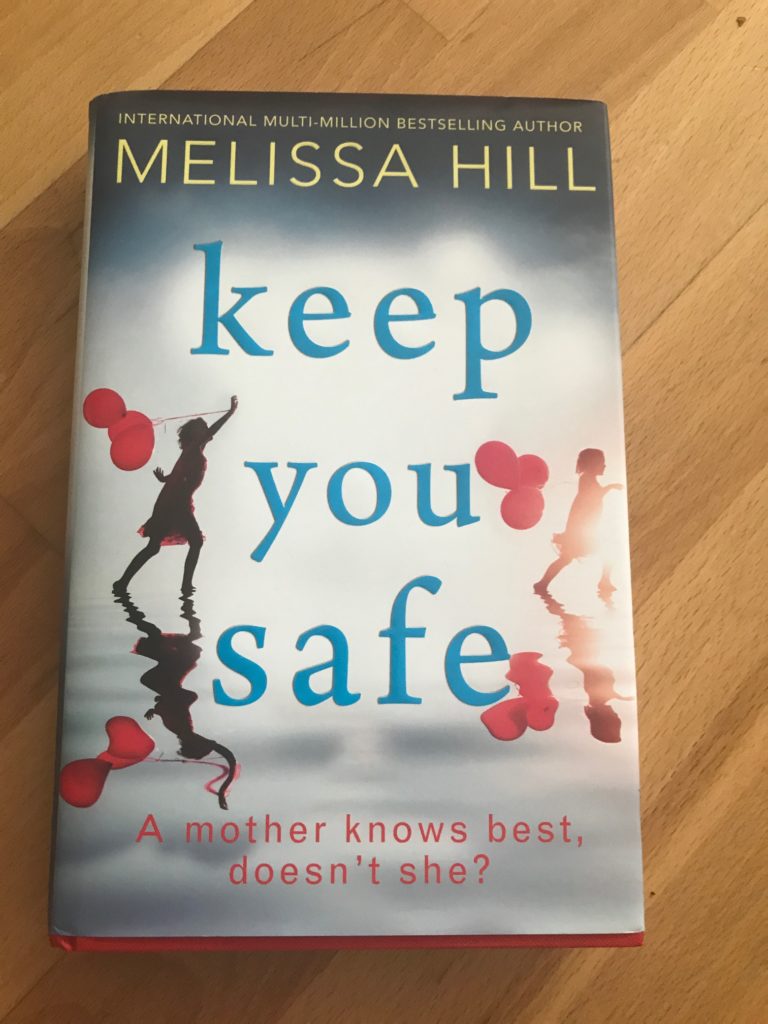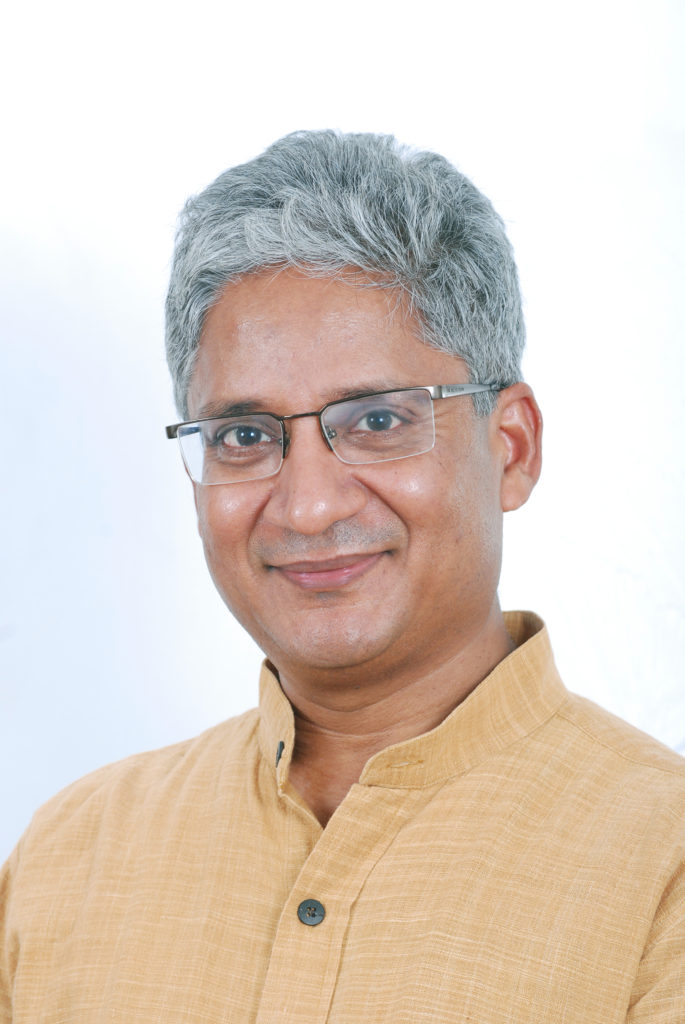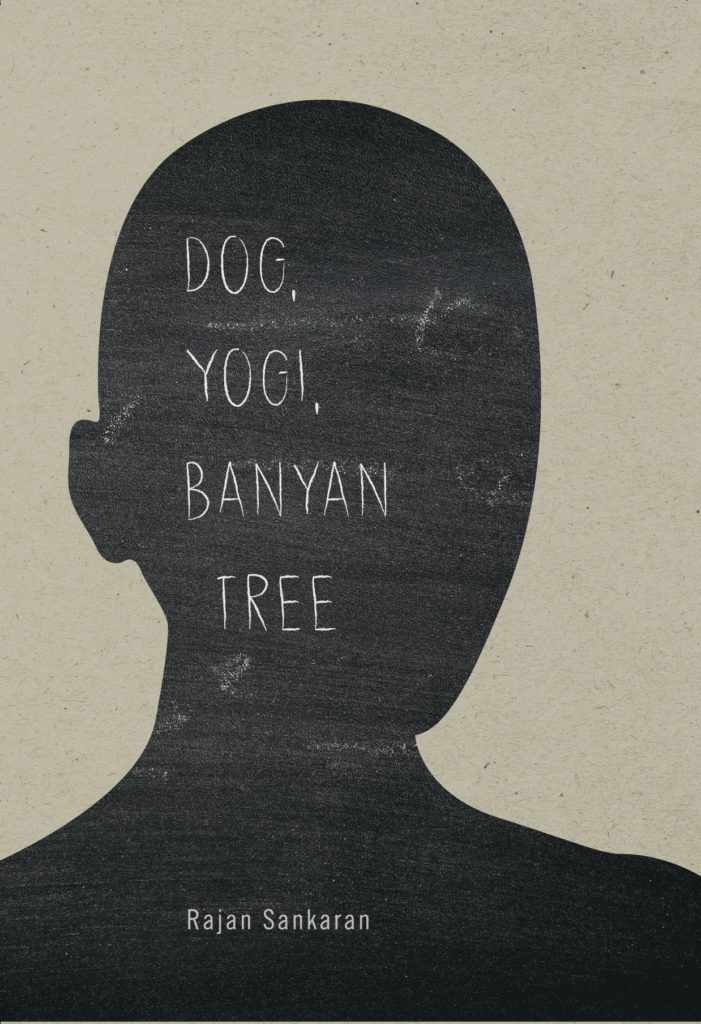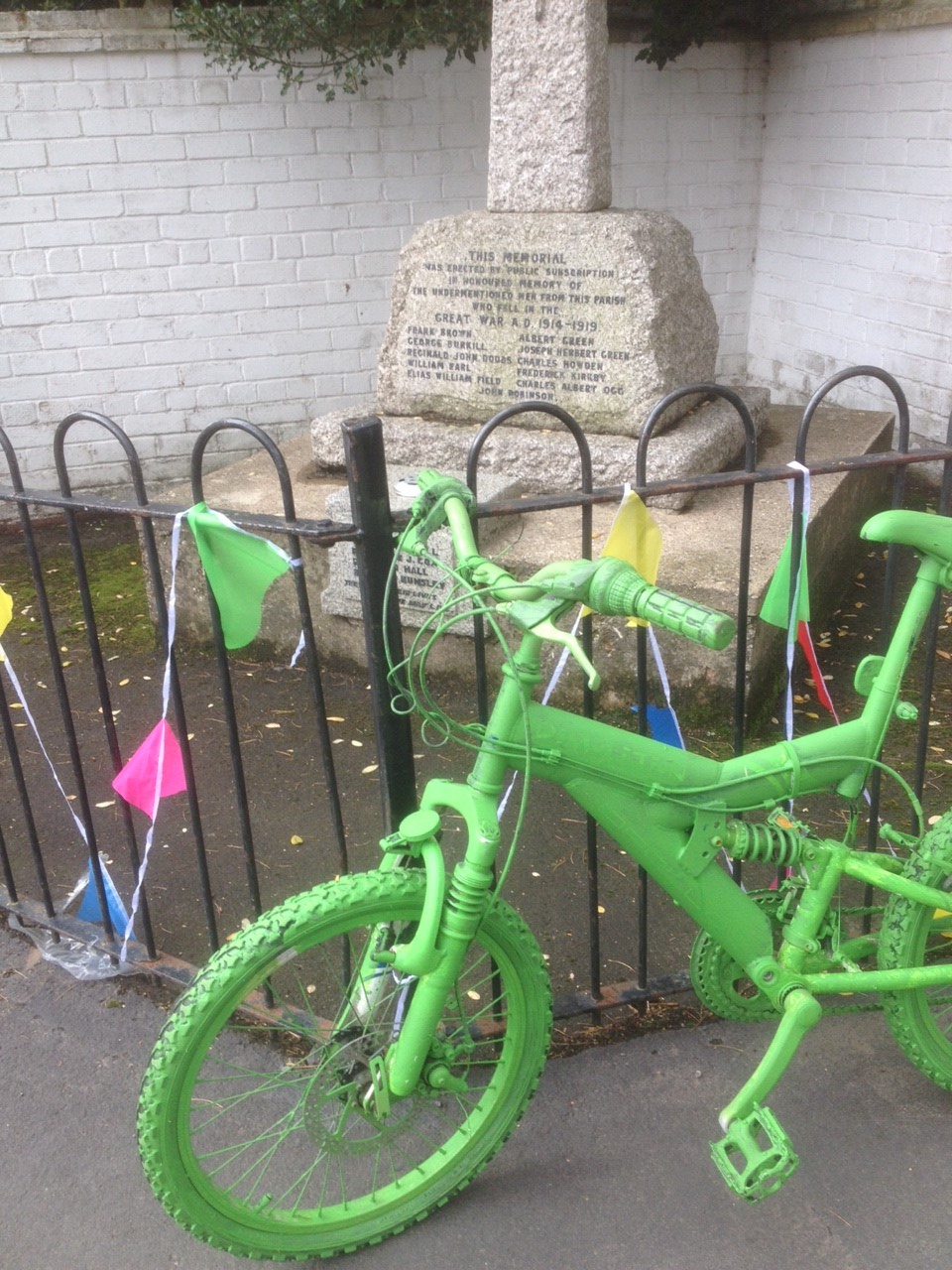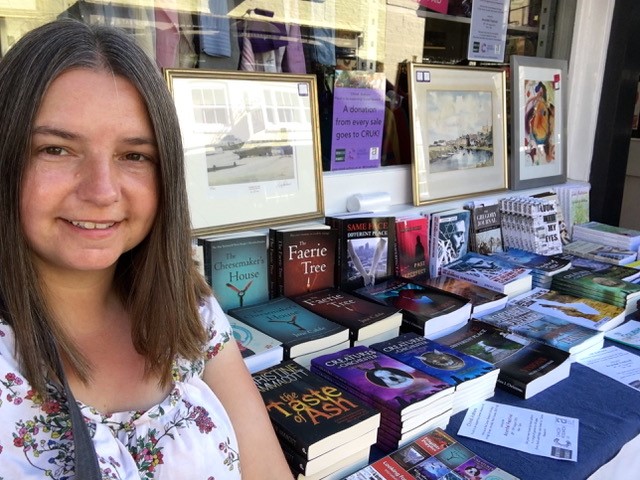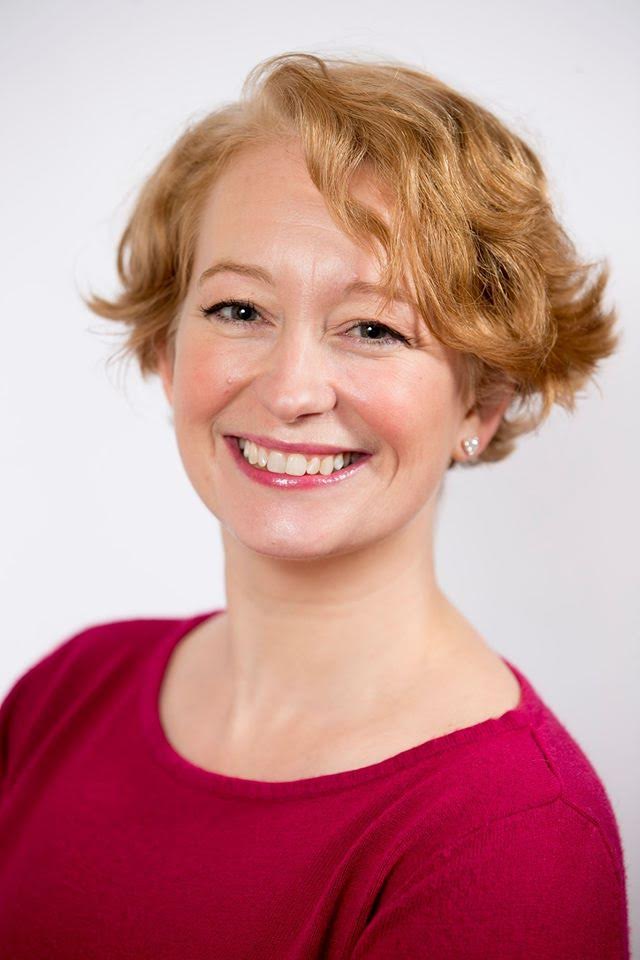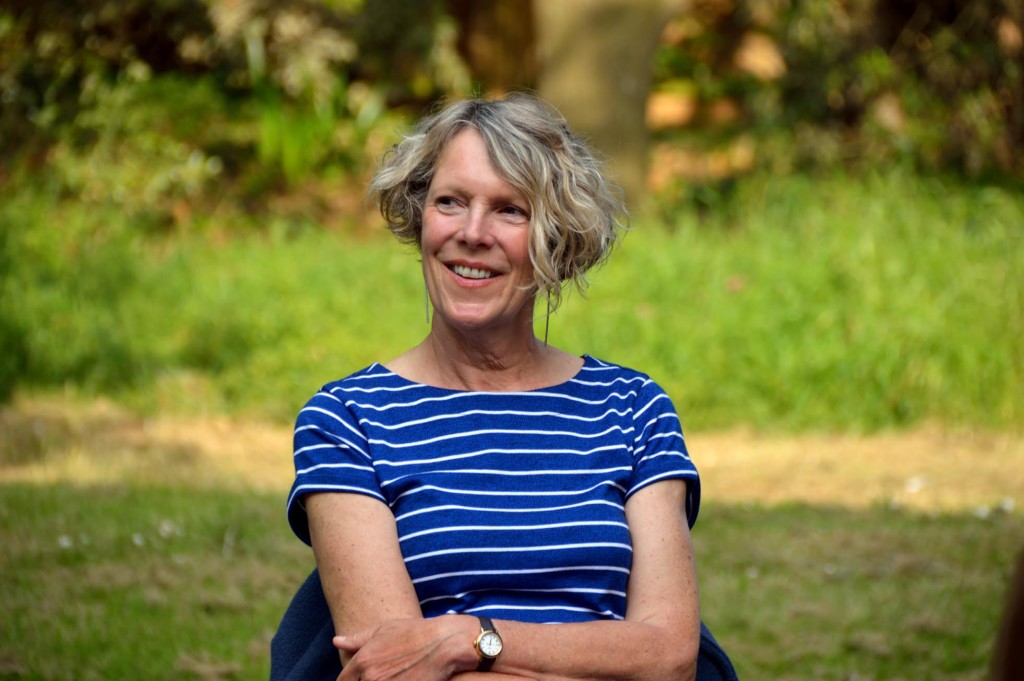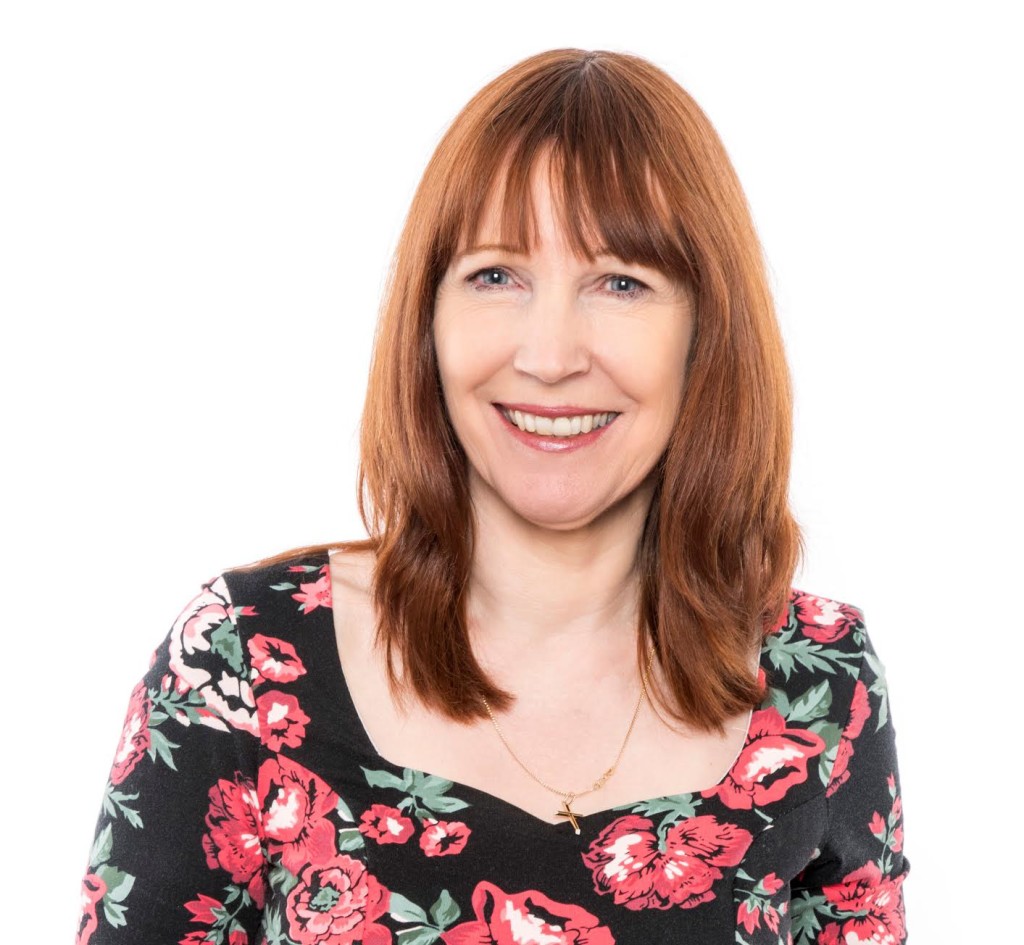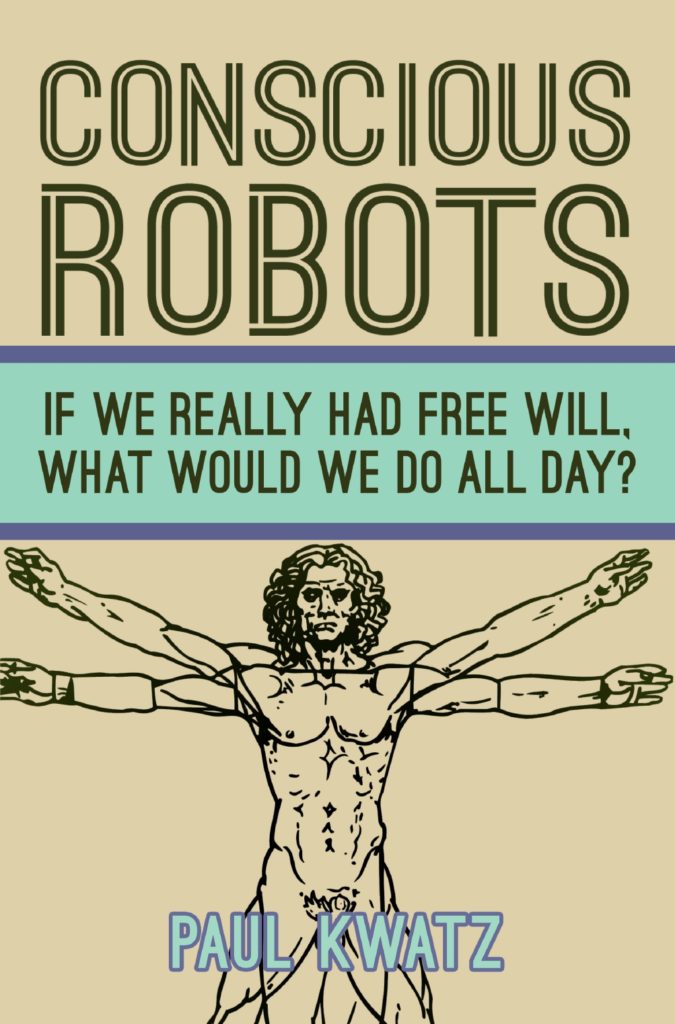 Ask a parent “What’s the most important thing in your life?”, and they’ll say “My kids”. This pleases a biologist, who believes that, because humans are the product of evolution, “having children” has to be the most important thing in our lives (after eating and breathing). If it wasn’t, our genes wouldn’t get passed on, and evolution simply wouldn’t work.
Ask a parent “What’s the most important thing in your life?”, and they’ll say “My kids”. This pleases a biologist, who believes that, because humans are the product of evolution, “having children” has to be the most important thing in our lives (after eating and breathing). If it wasn’t, our genes wouldn’t get passed on, and evolution simply wouldn’t work.
But ask a parent “What do you want for your kid when it grows up?”, and the biological angle might be less obvious. “As long as she’s happy…” doesn’t seem to have much to do with survival.
Until we realise that “happiness” is the mechanism that evolution uses to control our choices.
Maybe you didn’t realise that evolution was controlling your choices. Maybe you thought your conscious mind was the thing that was in control. But consider our daily battle to stay thin. “Eat a donut, or go for a run?” The donut gives you pleasure. The running hurts. Why does the donut give you pleasure? Because your brain evolved when calories were scarce. And the running hurts because running uses up those scarce calories.
Pain and pleasure arise from a non-conscious part of your mind that you can’t control. If you could, you’d simply choose to feel great when you were running, and, well, life would be a easier if a donut tasted like a kale shake, wouldn’t it?
We want a nice house because we think it will make us happy, we want to be thin because we feel good when we’re thin, and we want our kids to be happy because, although we encourage them to work hard at school, we’ve got a sneaking suspicion that a great career is no easy ride: it’s only satisfying in direct proportion to the hard work we put in every year.
And we’re right to be suspicious. When humans were evolving, the most successful ones were the ones with the “never-happy-with-what-I’ve-got” gene. They didn’t sit around as soon as they were full of berries, they carried on picking until the bushes were bare, made jam and designed bows and arrows to protect their bounty. It’s why millionaires become billionaires and why movie stars chase another Oscar. They, like all of us, are the descendants of hunter gatherers that were never satisfied: regardless of what we have achieved in life, regardless of our mobile phones, air-conditioning and indoor toilets, life, as Buddha observed, is inherently unsatisfactory.
But the good news is that life is also inherently satisfactory. Because sometimes there’s a drought and the berries don’t grow. And it’s not going to do our genes any good if we sit around moping. Our evolved brains reward us when our situation improves – regardless of how low we have sunk. As long as we’re moving upwards, our brains are happy to hand out the pleasure. It’s what allowed your grandparents to be perfectly happy without phones and why the plains of Africa rang with the laughter of our ancestors. `
‘Conscious Robots: If We Really Had Free Will, What Would We Do All Day’ is out now in print, published by Peacock’s Tail Publishing and priced £4.99 in paperback and £2.99 as an eBook. Visit www.consciousrobots.com or Amazon UK

